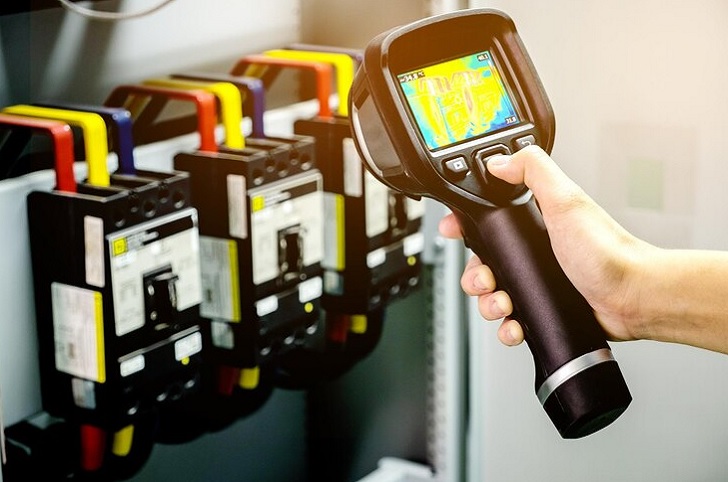Acoustics issuance analysis is a critical aspect of sound management in various industries, from construction to automotive manufacturing. By analyzing sound patterns and their impact, acoustics issuance analysis helps improve the design, safety, and efficiency of industrial processes. This article explores what acoustics issuance analysis entails, its significance, and its applications across different sectors.
What is Acoustics Issuance Analysis?
Acoustics issuance analysis involves the study and interpretation of sound waves and their propagation in different environments. This analysis aims to understand how sound behaves, how it affects human activities, and how it can be managed or controlled. It involves measuring sound levels, identifying sources of noise, and developing strategies to mitigate unwanted noise.
Importance of Acoustics Issuance Analysis
- Noise Control: One of the primary purposes of acoustics issuance analysis is to control noise pollution. Excessive noise can lead to health issues, reduce productivity, and create an unpleasant working environment. By understanding sound patterns, industries can implement measures to reduce noise levels.
- Safety: In environments such as construction sites or factories, high noise levels can pose safety risks by hindering communication and causing distractions. Acoustics issuance analysis helps in designing safer workspaces by managing and reducing noise.
- Product Quality: In industries like automotive and electronics manufacturing, controlling acoustics is crucial for ensuring product quality. Unwanted vibrations and noise can affect the performance and durability of products. Analyzing and managing acoustics helps in maintaining high standards.
- Regulatory Compliance: Many industries must adhere to noise regulations and standards set by authorities. Acoustics issuance analysis assists in ensuring compliance with these regulations, avoiding potential fines and legal issues.
Applications of Acoustics Issuance Analysis
- Construction: In construction, acoustics issuance analysis is used to design buildings with optimal sound insulation and acoustics. This is important for creating comfortable living and working environments and for complying with building codes.
- Automotive: The automotive industry uses acoustics issuance analysis to improve vehicle soundproofing and reduce noise, vibration, and harshness (NVH). This enhances the comfort and satisfaction of drivers and passengers.
- Manufacturing: In manufacturing plants, acoustics issuance analysis helps in identifying noise sources and implementing noise control measures. This improves the working environment and protects workers’ hearing.
- Healthcare: Hospitals and healthcare facilities use acoustics issuance analysis to create quiet and peaceful environments that promote patient recovery and well-being. This involves designing spaces with proper sound insulation and minimizing noise from medical equipment.
- Urban Planning: Urban planners use acoustics issuance analysis to design quieter cities by managing traffic noise, designing sound barriers, and creating green spaces that absorb sound.
Techniques Used in Acoustics Issuance Analysis
- Sound Level Metering: This involves using devices to measure sound levels in different environments. The data collected helps in identifying high-noise areas and sources of noise.
- Frequency Analysis: By analyzing the frequency of sound waves, experts can understand the characteristics of different noise sources and develop targeted noise control strategies.
- Computer Simulations: Advanced software and simulations are used to model sound propagation in different environments. This helps in predicting the impact of noise and designing effective noise control measures.
- Vibration Analysis: Since vibrations can also generate noise, vibration analysis is often integrated with acoustics issuance analysis to identify and mitigate vibration-induced noise.
Best Practices for Effective Acoustics Issuance Analysis
- Regular Monitoring: Continuous monitoring of sound levels ensures that noise control measures remain effective over time. Regular assessments help in identifying any changes in noise patterns.
- Integrated Approach: Combining acoustics issuance analysis with other environmental assessments, such as air quality and lighting, provides a comprehensive understanding of the workspace and enhances overall environmental quality.
- Stakeholder Involvement: Engaging employees, residents, and other stakeholders in the process ensures that their concerns are addressed and that noise control measures are effective and acceptable.
- Use of Advanced Tools: Leveraging advanced tools and technologies, such as AI and machine learning, can enhance the accuracy and efficiency of acoustics issuance analysis.
Conclusion
Acoustics issuance analysis is a vital tool for managing sound in various industries. By understanding and controlling noise, industries can create safer, more comfortable, and more productive environments. From improving product quality to ensuring regulatory compliance, the benefits of effective acoustics issuance analysis are far-reaching.
Investing in acoustics issuance analysis not only enhances operational efficiency but also contributes to the well-being of workers and the community. As industries continue to evolve, the importance of managing acoustics will only grow, making acoustics issuance analysis an essential component of modern industrial practices.




